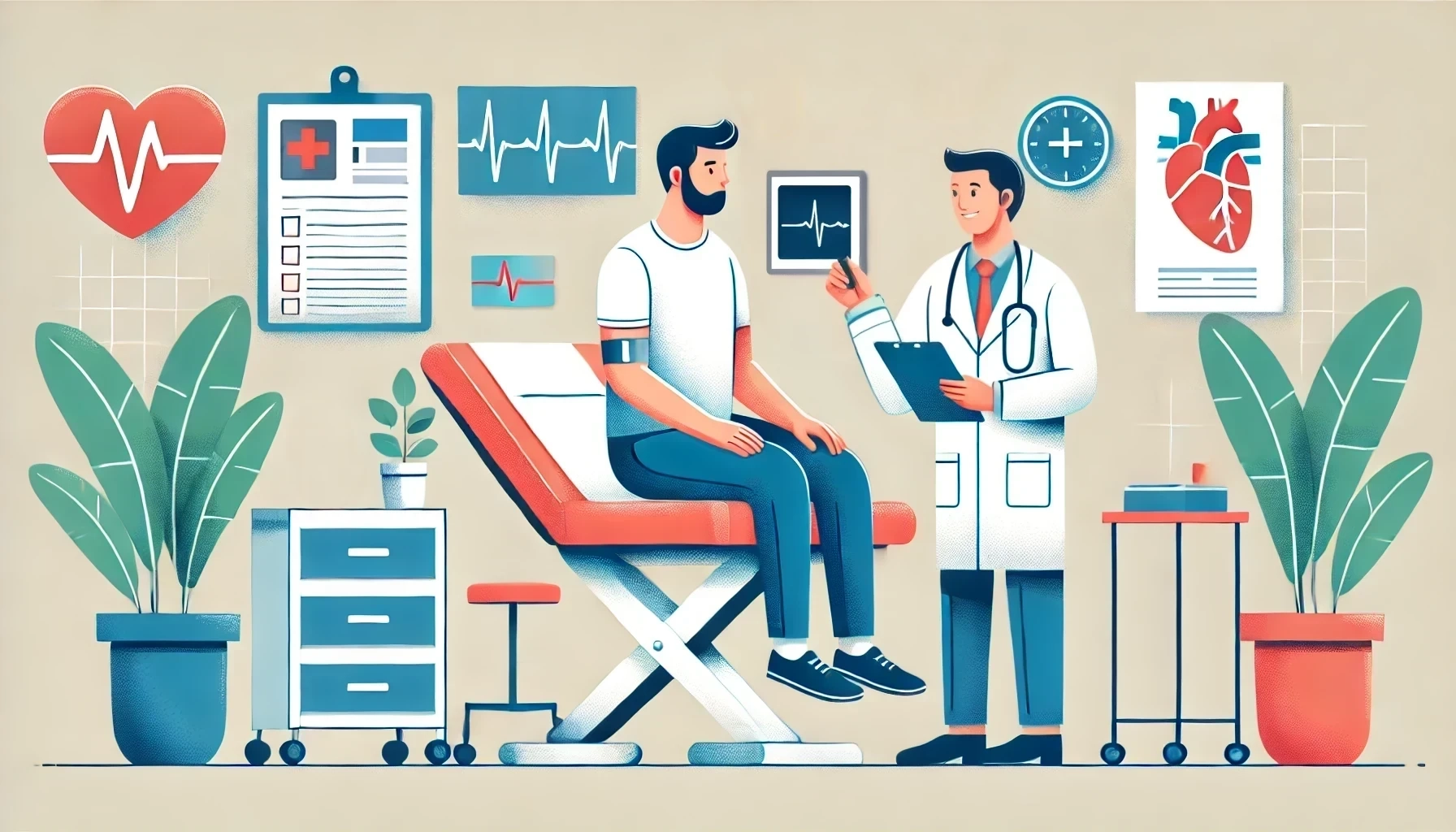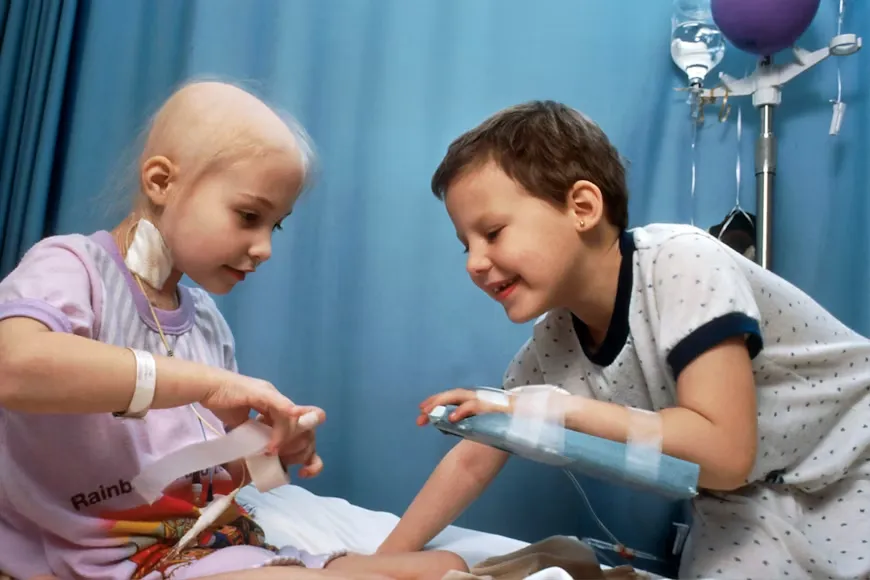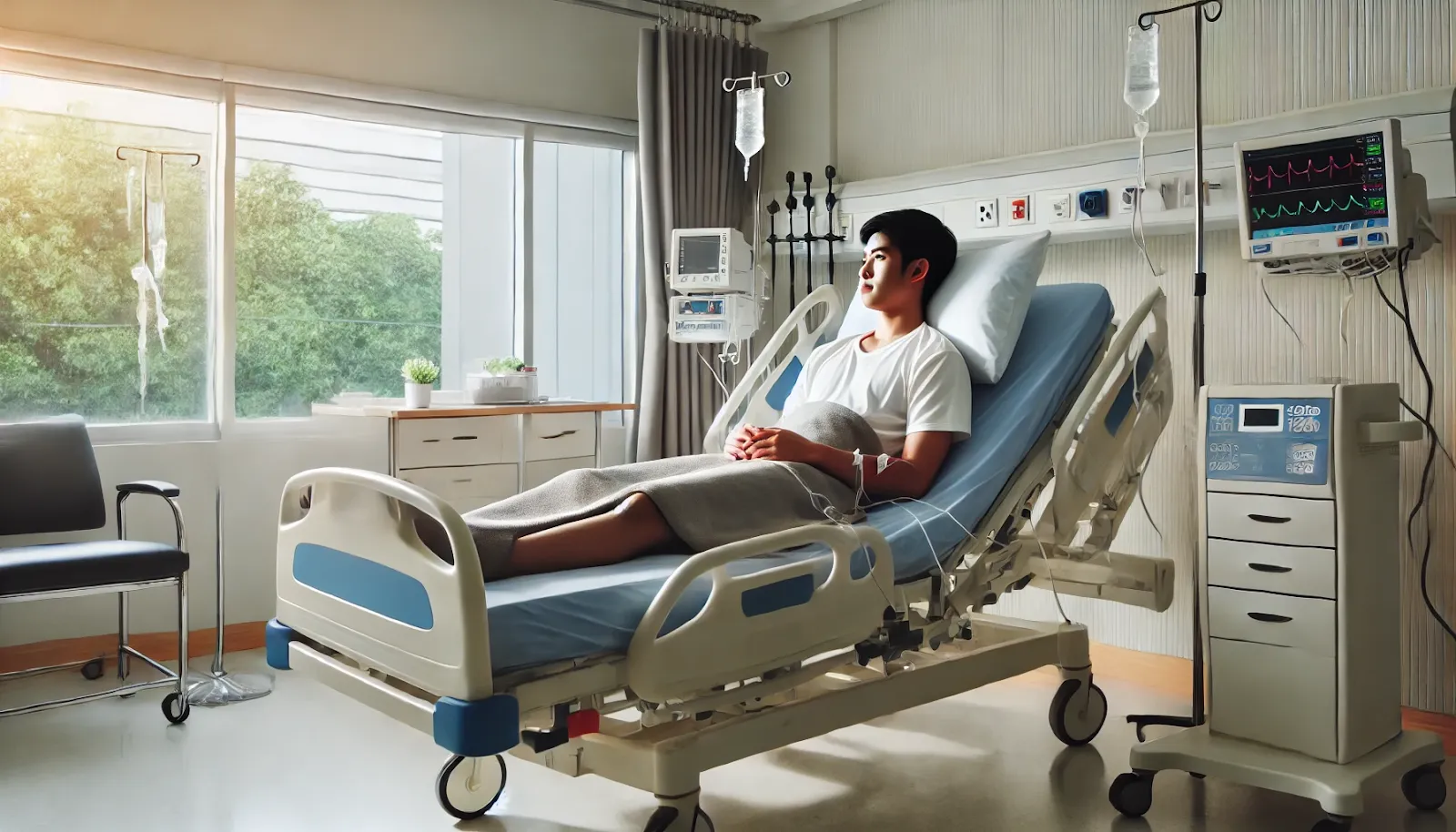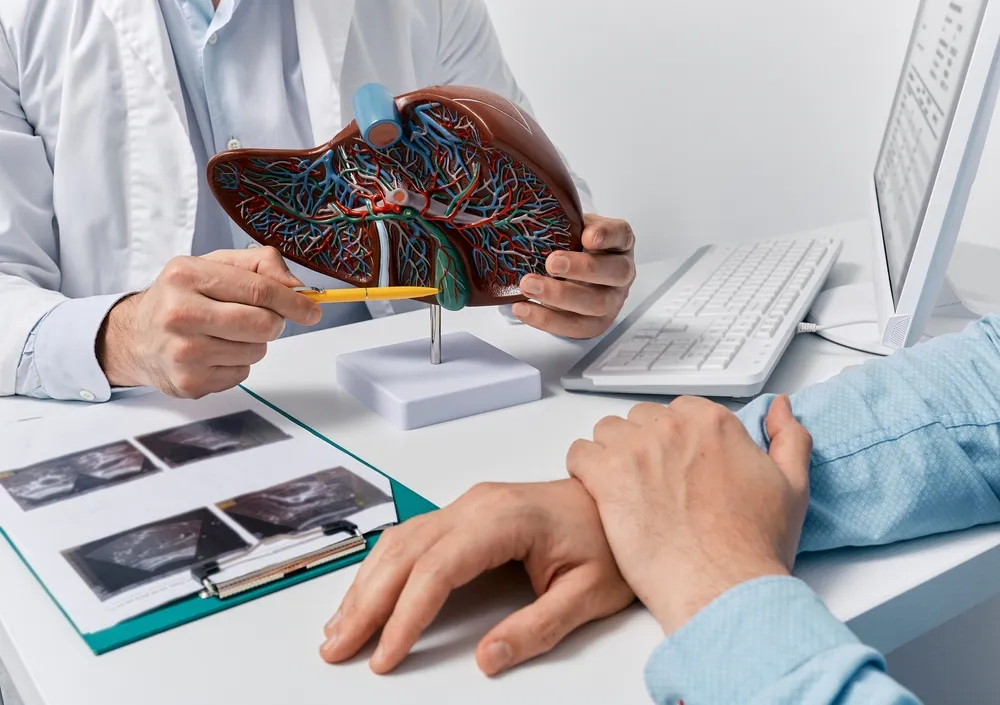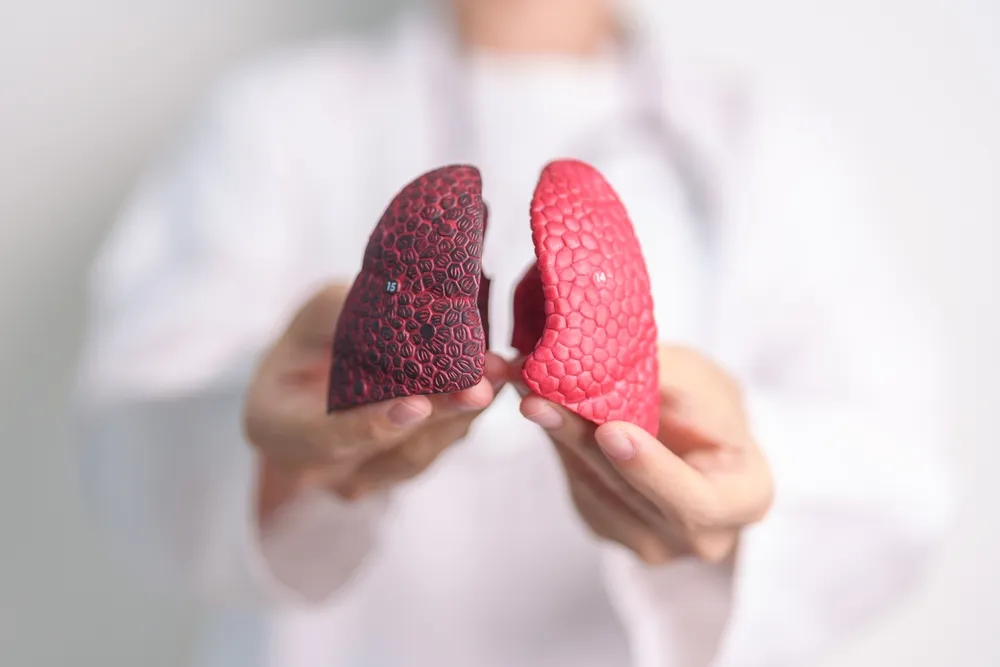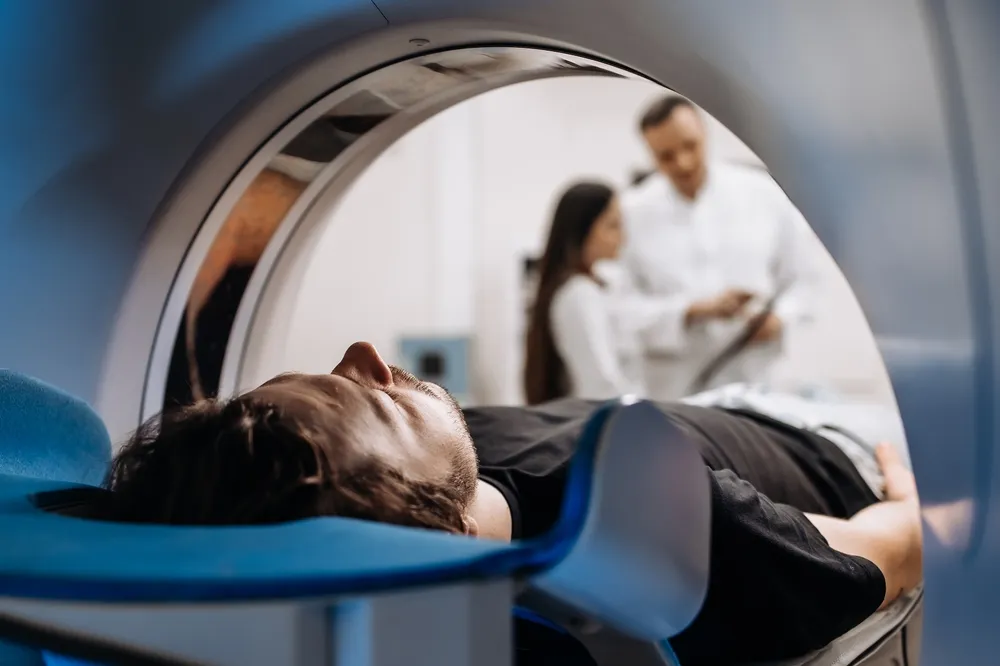What is Colorectal Cancer?
Colorectal cancer is a type of cancer that develops in the large intestine (colon) or rectum. This disease often begins with the growth of small polyps that can turn into cancer if not treated promptly.
Colorectal cancer can affect both men and women almost equally, although it is slightly more common in men. Some studies suggest that diets high in red meat and hormonal factors may cause men to have a slightly higher risk compared to women.
However, all individuals, regardless of gender, should be aware of the risk factors and symptoms associated with colorectal cancer. Early detection is crucial for improving the chances of recovery.
Symptoms of Colorectal Cancer to Watch Out For
Recognizing the symptoms of colorectal cancer is the first step in protecting your health. Here are some common signs to monitor:
1. Changes in Bowel Habits
Persistent diarrhea or constipation lasting several days. Changes in stool consistency, such as unusually hard or watery stools.
2. Blood in the Stool
Stool that contains bright red blood or appears dark (melena).
3. Persistent Abdominal Pain or Discomfort
Chronic abdominal pain, cramping, or a consistent feeling of discomfort.
4. Unexplained Weight Loss
Sudden and significant weight loss without any clear reason.
5. Extreme Fatigue
Feeling unusually tired or weak even with adequate rest.
6. Incomplete Bowel Movements
A sensation that the bowel is not fully emptied after defecation.
Risk Factors for Colorectal Cancer
Understanding risk factors can help you take preventive measures. Some common risk factors include:
Age: Higher risk for individuals over 50 years old.
Family History: A family history of colorectal cancer increases the risk.
Diet: Diets high in fat and low in fiber.
Sedentary Lifestyle: Lack of physical activity.
Smoking and Alcohol Use: These habits can exacerbate the risk.
Preventing Colorectal Cancer
Preventive steps can significantly reduce the risk of colorectal cancer.
1. Eating Healthy Food: Increase your intake of fruits, vegetables, and whole grains. Limit consumption of red meat and processed foods.
2. Regular Physical Activity: Engage in at least 30 minutes of exercise daily.
3. Avoid Smoking and Alcohol: Quit smoking and reduce alcohol consumption.
4. Routine Screenings: Undergo regular screenings, especially if you have risk factors.
Early Detection of Colorectal Cancer
Early detection is key to improving treatment outcomes. Routine screenings are strongly recommended, particularly for those over 50 or with a family history of colorectal cancer.
Screenings can detect cancer in its early stages, even before symptoms appear, or prevent cancer by removing precancerous polyps.
Diagnostic Tests for Colorectal Cancer
Colonoscopy
A procedure that allows a doctor to examine the entire colon and rectum using a small camera. Suspicious polyps or tissues can be removed during the test.
Fecal Occult Blood Test (FOBT)
This test checks for hidden blood in the stool, an early indicator of colorectal cancer.
Flexible Sigmoidoscopy
Similar to a colonoscopy but examines only the lower part of the colon and rectum.
CT Colonography (Virtual Colonoscopy)
Uses X-rays to produce images of the colon and rectum.
Stool DNA Test
Detects specific DNA changes in stool samples associated with cancer or polyps.
Blood Tests
While not a direct diagnostic tool, blood tests can identify signs like anemia caused by blood loss.
The Importance of Critical Illness Insurance
Dealing with a severe illness like colorectal cancer involves significant expenses. Treatment costs vary depending on the cancer stage, type of treatment, and healthcare facility.
According to research published in the Pharmaceutical Journal by Gadjah Mada University, total direct treatment costs for colorectal cancer covered by Indonesia's BPJS in 2018 reached IDR 335 billion, with an estimated cost per patient of around IDR 2 million.
However, these are average costs, and total cancer treatment expenses can exceed IDR 100 million, particularly when involving methods like chemotherapy, radiation therapy, and surgery.
To alleviate the financial burden, having critical illness insurance, such as Oona Cancer Insurance, can make a significant difference.
Premiums Start at IDR 11,500/month: Coverage up to IDR 500 million.
Easy Online Purchase: Just answer four health-related questions.
Extensive Coverage: Valid up to age 70 and complements existing health insurance.
Conclusion
Recognizing the symptoms of colorectal cancer early is crucial to improving treatment success. Don’t ignore signs such as changes in bowel habits or blood in the stool.
In addition to adopting a healthy lifestyle, protect yourself with the right critical illness insurance.



